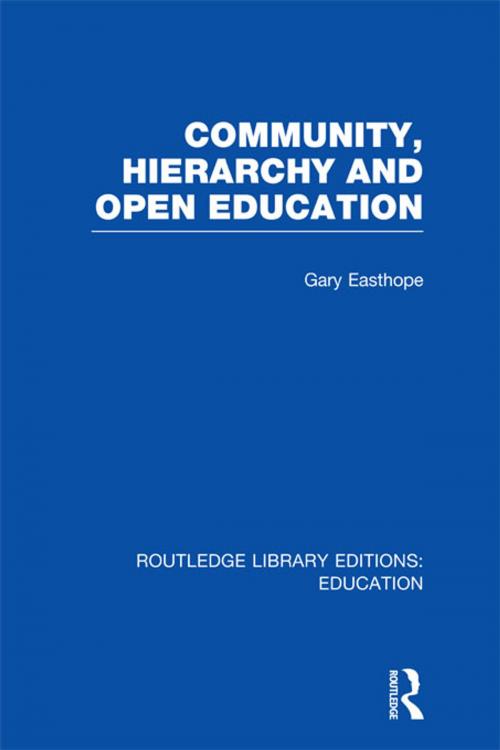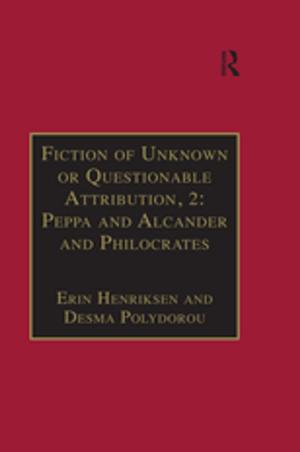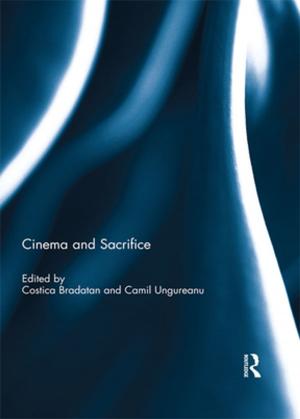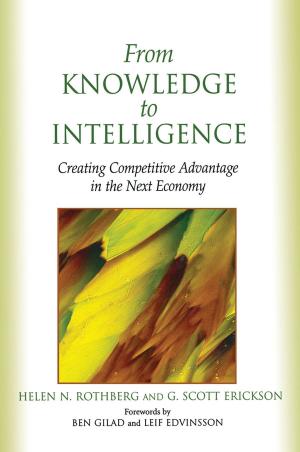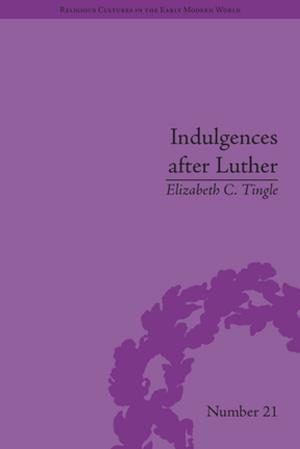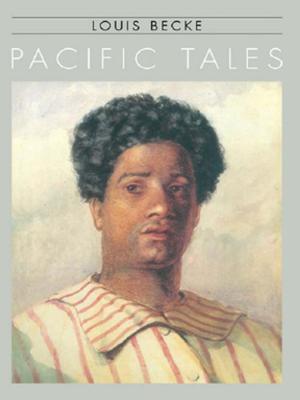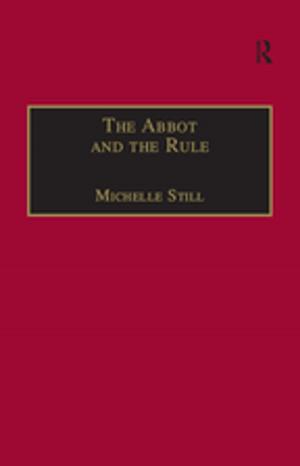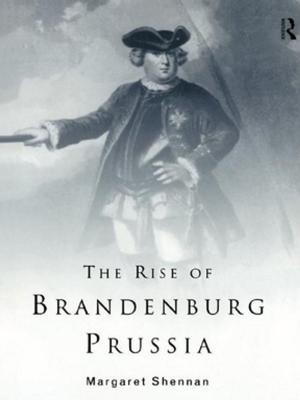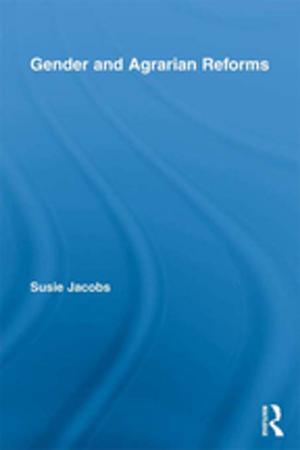Community, Hierarchy and Open Education (RLE Edu L)
Nonfiction, Reference & Language, Education & Teaching, Educational Theory, Philosophy & Social Aspects, Reference| Author: | Gary Easthope | ISBN: | 9781136463136 |
| Publisher: | Taylor and Francis | Publication: | May 16, 2012 |
| Imprint: | Routledge | Language: | English |
| Author: | Gary Easthope |
| ISBN: | 9781136463136 |
| Publisher: | Taylor and Francis |
| Publication: | May 16, 2012 |
| Imprint: | Routledge |
| Language: | English |
The book describes the English school, especially the secondary school, as a hierarchical community in which the head-teacher (principal) is an autocratic ruler. After explaining how that particular organisation of the school developed historically from the market situation faced by the English public (i.e. private) schools in the developing industrial society of the nineteenth century it provides empirical evidence demonstrating that the hierarchies of knowledge, teachers and students that developed then were still in place when the book was published in 1975. They are still present today.
It also looks at the challenges to the school as a hierarchical community presented by the ideologies of deschooling, progressive education and open education. Finally, it provides an explanation of why these ideologies were never put into practice in English schools despite some pioneering exemplars.
Although first published over thirty-five years ago the issues examined in it raise questions that are still central to education today:
Does size of school affect the commitment of teachers to the school, their colleagues and their students?
How can the teaching staff be organised in a school? Do all need to work to the same ends? What is the role of leadership from the head-teacher (principal) in this?
Is it possible to have a curriculum that is open without losing rigour? What should be the relationship between using local community knowledge and the educational wish to extend students’ horizons?
The result is a short, nuanced, and densely argued text that demands thought and reflection from any contemporary educator.
The book describes the English school, especially the secondary school, as a hierarchical community in which the head-teacher (principal) is an autocratic ruler. After explaining how that particular organisation of the school developed historically from the market situation faced by the English public (i.e. private) schools in the developing industrial society of the nineteenth century it provides empirical evidence demonstrating that the hierarchies of knowledge, teachers and students that developed then were still in place when the book was published in 1975. They are still present today.
It also looks at the challenges to the school as a hierarchical community presented by the ideologies of deschooling, progressive education and open education. Finally, it provides an explanation of why these ideologies were never put into practice in English schools despite some pioneering exemplars.
Although first published over thirty-five years ago the issues examined in it raise questions that are still central to education today:
Does size of school affect the commitment of teachers to the school, their colleagues and their students?
How can the teaching staff be organised in a school? Do all need to work to the same ends? What is the role of leadership from the head-teacher (principal) in this?
Is it possible to have a curriculum that is open without losing rigour? What should be the relationship between using local community knowledge and the educational wish to extend students’ horizons?
The result is a short, nuanced, and densely argued text that demands thought and reflection from any contemporary educator.
